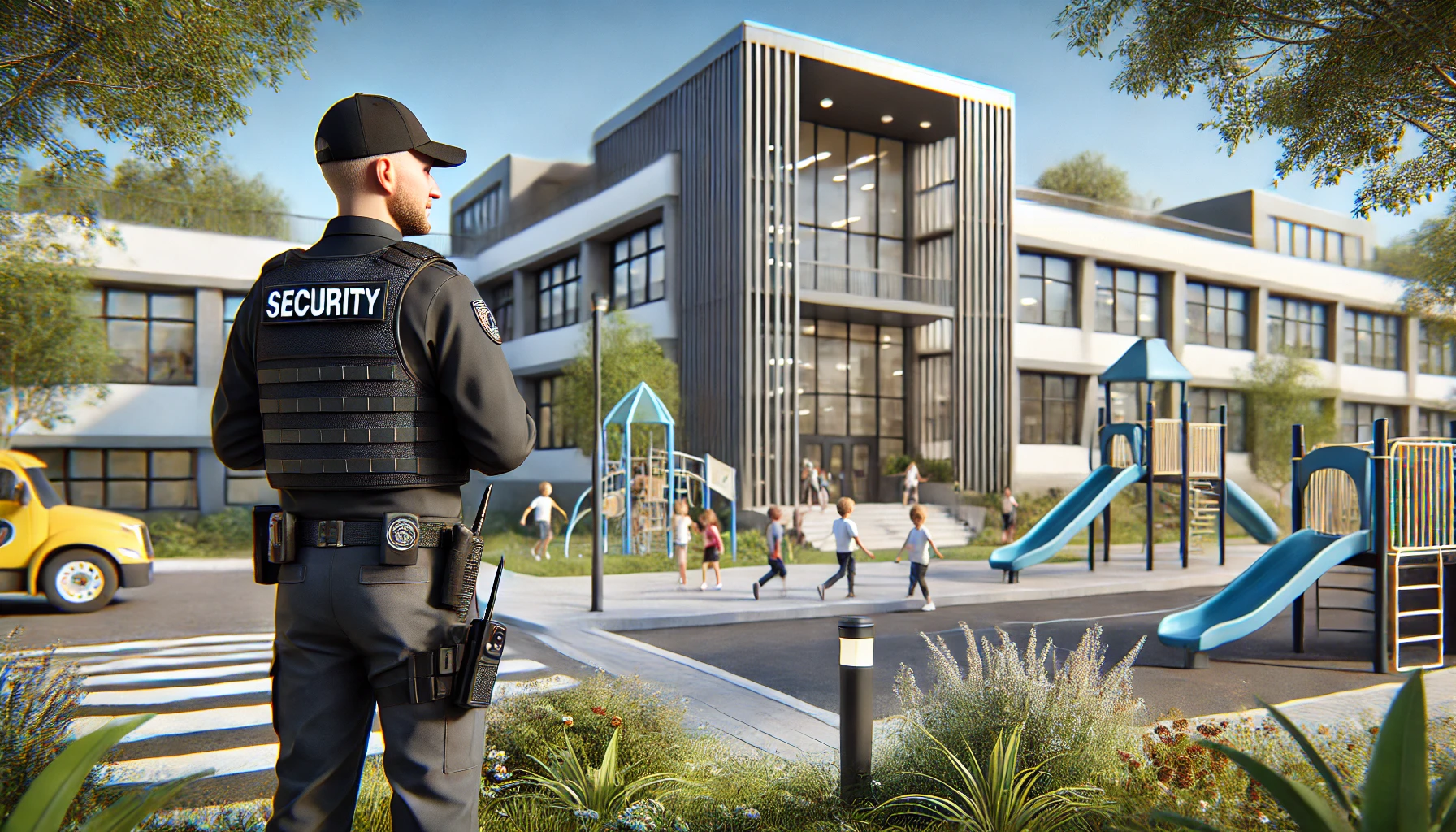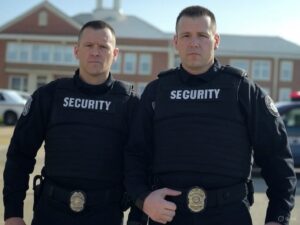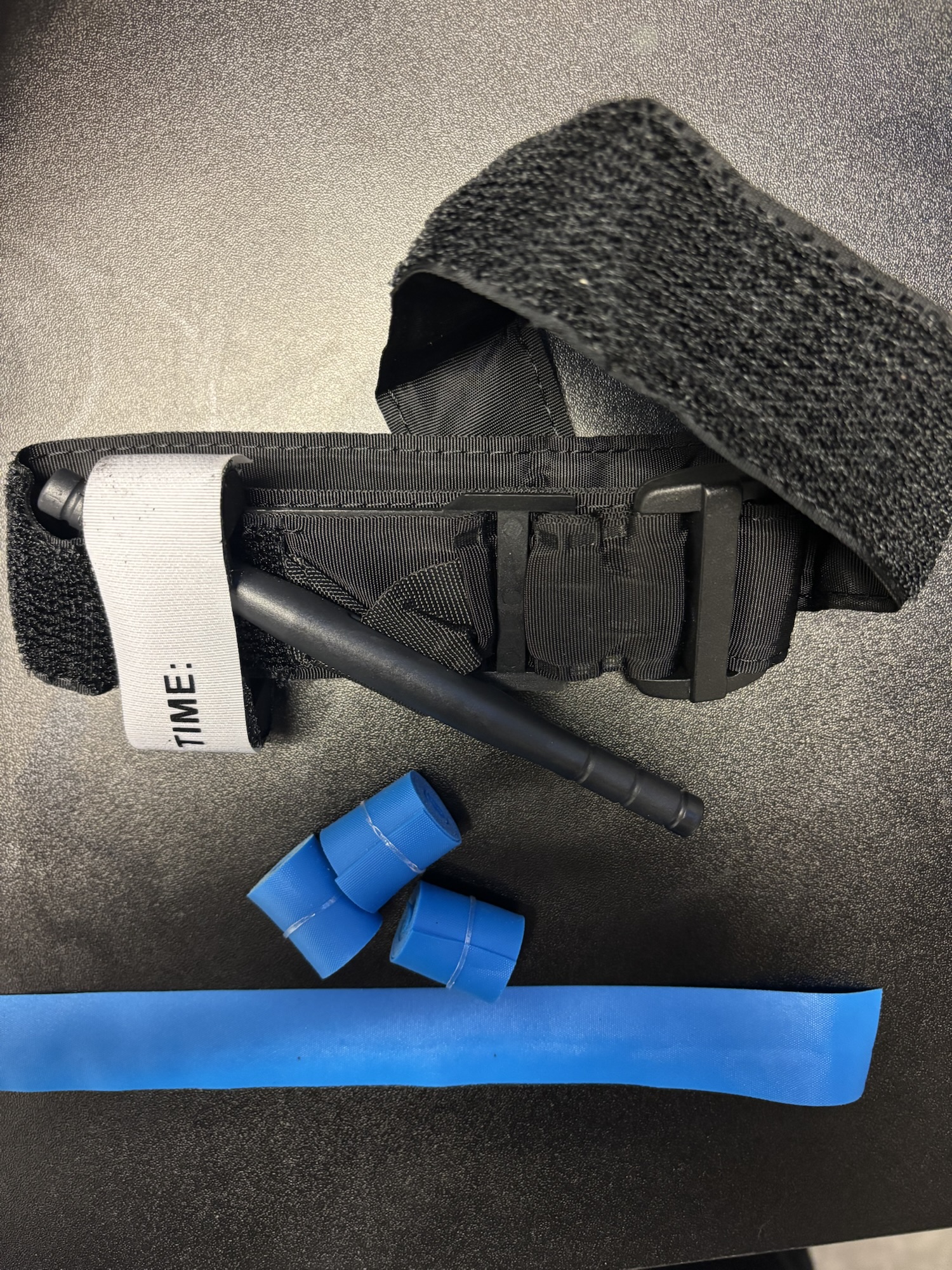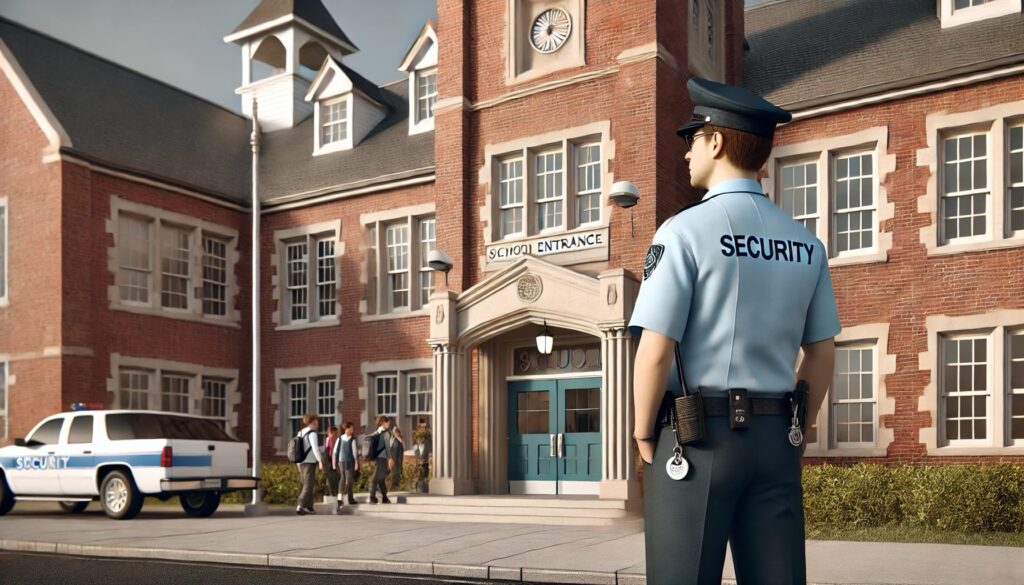
School security has become an essential focus for educational institutions worldwide. To achieve the highest level of safety, schools must invest in comprehensive security guard training. Proper training doesn’t just ensure guards can react effectively during emergencies—it fosters a secure learning environment where students, staff, and parents feel confident and safe.
Why is School Security Guard Training Important?
Quality security guard training is the foundation of effective school security. Guards who lack proper training may fail to react appropriately in critical situations, compromising safety. Additionally, training ensures accountability—guards clearly understand their roles, responsibilities, and the expectations placed upon them.
Types of School Security Training
To achieve gold standard security, school guards should receive training across various essential areas:
1. Scenario-Based Training
Scenario-based training prepares guards to handle real-life situations by practicing responses to events like:
• Active shooter scenarios
• Lockdown procedures
• Evacuation drills
2. Conflict De-escalation Training
Schools often encounter emotional situations requiring guards to manage conflicts without escalation. Training guards in de-escalation techniques can significantly reduce incidents of violence and disruption.
3. Emergency Response and First Aid
Security personnel should receive certification in basic first aid, CPR, AED operation, and trauma response. Such skills ensure rapid, effective action in medical emergencies.
4. Communication and Documentation
Training guards on proper communication protocols and detailed incident reporting improves efficiency, accountability, and effectiveness in daily operations and emergencies.
5. Situational Awareness
Guards must be trained to identify and assess potential threats quickly. Situational awareness training empowers them to detect unusual behavior and preemptively address threats.
6. Physical Security Training
Training on managing access control, conducting perimeter checks, and strategic patrol techniques ensures comprehensive campus safety.
7. Legal and Ethical Responsibilities
Understanding legal boundaries, ethical standards, and respecting privacy and civil rights is crucial for professional security guards.
Accountability Through Training
Accountability is vital in school security, but guards can only be held fully accountable if they’ve received appropriate training. Clear training outlines specific responsibilities and expected actions, making accountability transparent and effective.
Cost-Effective Security Training Solutions
Many administrators worry about the costs associated with security training. However, effective training doesn’t always require substantial investment. Schools can leverage:
• Online courses
• In-house scenario drills
• Collaborations with local law enforcement for shared training
• Regular staff briefings and tabletop exercises
These cost-effective solutions provide valuable skills and ensure continuous improvement in school safety.
Conclusion
Effective school security starts and ends with robust training. By investing wisely in comprehensive guard training—particularly scenario-based and emergency response skills—schools can create safer environments without breaking their budgets.
Schools that commit to high-quality security training are investing not just in their guards but in the future safety and peace of mind of their entire community.





